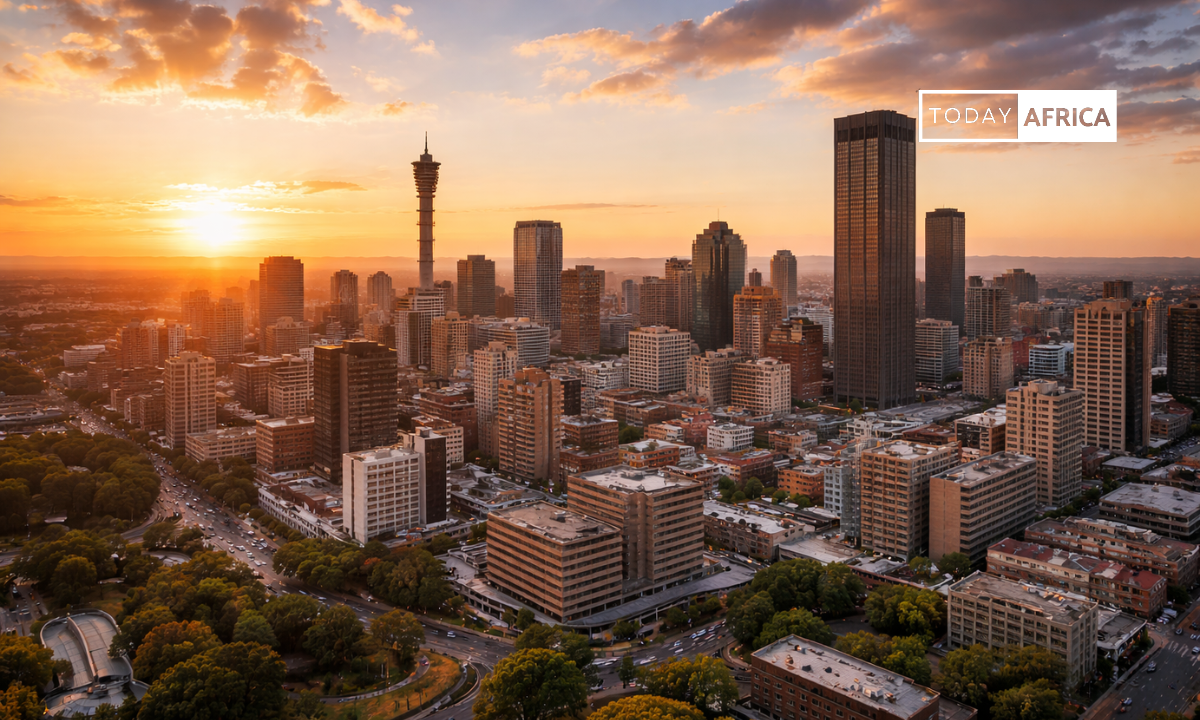DR Congo cancels $1.2B biometric ID project amid alleged financial irregularities, months after allegations of financial irregularities.
Richard Ilunga, Director General of Congo’s National Office for Population Identification, confirmed that the contract with the French biometrics provider Idemia, which would have seen it build a civil registry and print ID cards through the intermediary Afritech, was cancelled on August 12, 2024.
Although Ilunga did not state the reason for the contract’s cancellation, he mentioned that the project was abandoned after a meeting with several government agencies and representatives from the Idemia-Afritech partnership.
This development is on the heels of a Bloomberg and Lighthouse investigation, published on August 9, which revealed how funds intended for the national ID system were leveraged to serve a small number of elites.
Per the investigation, starting from 2020, nearly 60 companies approached the government with proposals to implement this system, which the National Office for Population Identification (ONIP) estimated would cost around $360 million.
However, by the time a consortium, including biometrics provider Idemia and local partner Afritech, was chosen as the preferred vendor, the proposed cost had risen to $1.2 billion, more than tripling ONIP’s initial estimate.
Read Also: PaidHR Removes Upfront Onboarding Fees and Introduces PaidHiring
The proposal from Idemia and Afritech is said to involve “flagrant overpricing,” raising the risk that the contract could become a “massive scam.”
World Bank withdraws
Previously, the World Bank, approached by the country’s Ministry of Finance to help cover some of the costs of the national ID system, had stated that it would not fund the project due to the absence of a competitive tendering process.
DR Congo has struggled with issues surrounding its national ID system for years. Before the rollout of biometric national ID cards last year, the most recent issuance of identity cards occurred between 1984 and 1987, marking the transition to plastic cards. However, that initiative was never fully implemented.
Citizens face increased challenges opening bank accounts, obtaining official documents, and registering to vote without a national identification system.
Over time, citizens of voting age registered at special centers, receiving plastic-covered cards with a photo and QR code. For many, this card is their only official ID, as they lack passports, driver’s licenses, or professional cards.
Meanwhile, on August 23, 2024, ONIP announced plans to relaunch the operations of issuing the National ID soon.
Leave a comment below and follow us on social media for more tips and updates:
- Facebook: Today Africa
- Instagram: Today Africa
- Twitter: Today Africa
- LinkedIn: Today Africa
- YouTube: Today Africa Studio
















